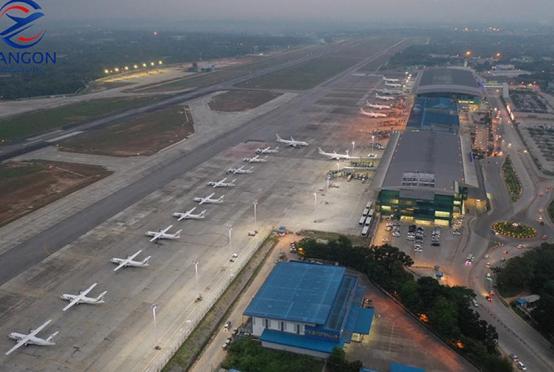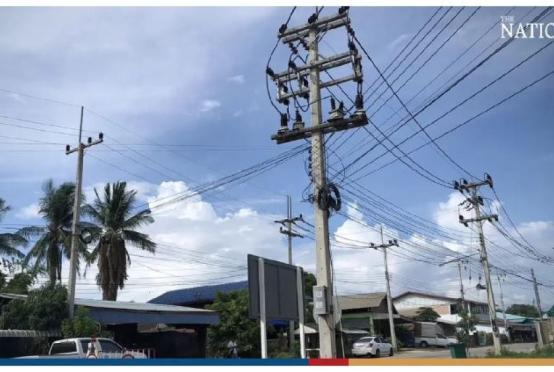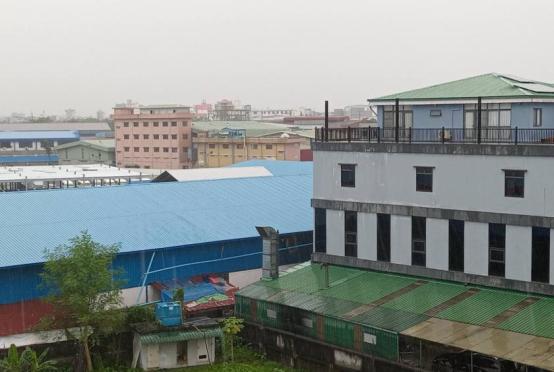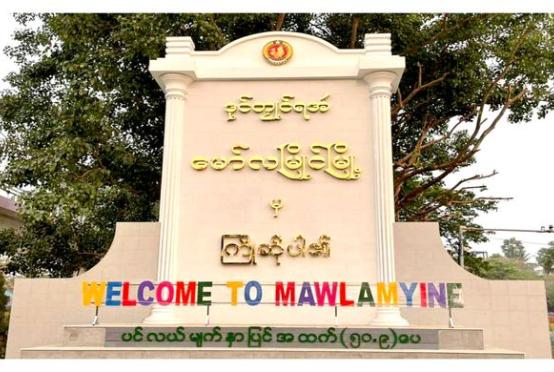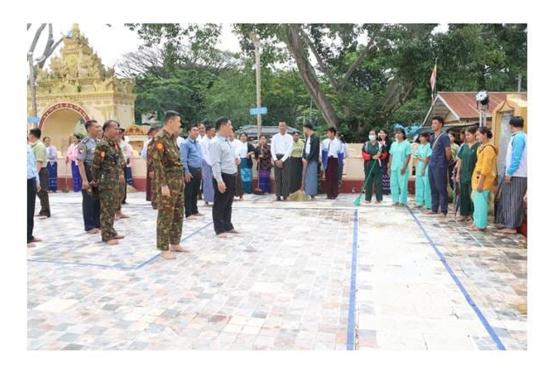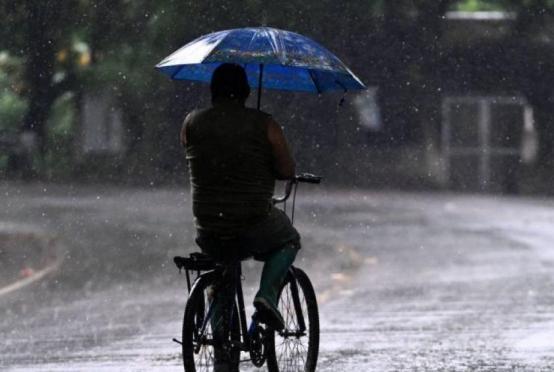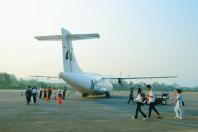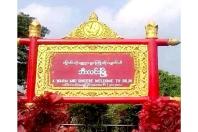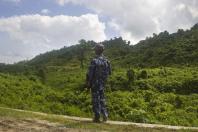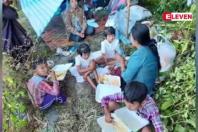by Mohiuddin Alamgir
DHAKA (The Daily Star/ANN) - National School Meal Policy 2019 proposes to provide 17.3 million students of all the 1.34 lakh primary schools across the country with 30 per cent of their daily required food intake.
The government is planning to provide daily school meal for all the 1.73 crore (17.3 million) primary school students in efforts to increase attendance and reduce dropout.
The primary and mass education ministry has finalised a draft policy in this regard and will soon place it before the cabinet for approval.
The policy -- National School Meal Policy 2019 -- proposes to provide students of all the 1.34 lakh primary schools across the country with 30 percent of their daily required food intake.
“We have finalised the draft…. We will send it to the Cabinet Division for its endorsement shortly,” Primary and Mass Education Secretary Akram-Al-Hossain told The Daily Star last week.
The ministry is working to start implementing the policy in phases from next year, beginning with poverty-prone regions, said Gias Uddin Ahmed, additional secretary of the ministry.
Highlighting the importance of school meal and its link to attendance, KM Enamul Hoque, deputy director of Campaign for Popular Education, said, “School meals are necessary as many children across the country go to school in an empty stomach every day. It makes it hard for them to focus on their studies in class.
“Students will get better nutrition if they get food at schools every day. It is also a great incentive for families to send their children to school which will help increase attendance and check dropout.”
Last year, primary student attendance rate was 88 percent while dropout rate was around 20 percent, according to the Annual Primary School Census 2018.
The World Food Program (WFP) in a statement in April noted that micronutrient deficiencies present a huge challenge to Bangladesh, with economic losses to malnutrition estimated at $1 billion per year.
Once the policy is implemented, it will minimise students’ short-term hunger, create a more positive learning environment and allow students to better concentrate in classrooms, ministry officials said.
WHAT’S IN THE POLICY?
The policy proposes to provide students hot meals five days a week and fortified biscuits one day.
To ensure minimum dietary diversity, meals will be prepared with fortified rice, vegetable oil, locally-grown fresh vegetables and, if possible, with eggs so that students get enough protein and micronutrients.
The menu will be selected in consultation with the school managing committee, parents and locals. Mothers will also be included in the programme to be overseen by an advisory committee comprising respected locals.
The policy also proposes the formation of a National School Meal Authority under the primary and mass education ministry and creation of a Food and Nutrition Research and Development Centre.
A HUGE TASK
Although the draft has been finalised, the ministry is still in a dilemma as to whether to provide hot meals or fortified biscuits.
To prepare hot meals, each school will require a kitchen as well as manpower, including a cook, said ministry officials.
If it is vegetable khichuri, it will require about TK 8,500 crore a year, said Gias Uddin Ahmed, the additional secretary, while presenting a keynote paper on the draft policy in April.
The cost will be half if fortified biscuits are provided instead of hot meals, he said.
But the problem with fortified biscuits is that students cannot eat them at one go. They rather need to eat those at intervals and drink a lot of water after taking each biscuit.
Gias said they would request businesses and banks to spend their Corporate Social Responsibility (CSR) fund for the programme.
“We are considering a package comprised of khichuri, biscuit, egg and local fruits for the children,” said Akram, the secretary.
The ministry is now preparing a Development Project Proforma on the school feeding programme, he said, adding, “Once it is done, we will be able to say exactly how much money will be needed.”
CURRENT PROGRAMMES
The country now has two school feeding programmes, said Ruhul Amin Khan, project director of School Feeding Programme.
Under one programme, the government is giving biscuit packets, each weighing 75 grams, to nearly 3 million children at primary schools in 104 upazilas, he said.
The government introduced the programme in 2010, following in the footstep of the WFP, which ran a project to feed schoolchildren from 2001 to 2009.
Under a separate pilot project since 2013, about 34,000 students are getting hot meals in three upazilas -- Bamna in Barguna, Islampur of Jamalpur and Lama of Bandarban, he said.

